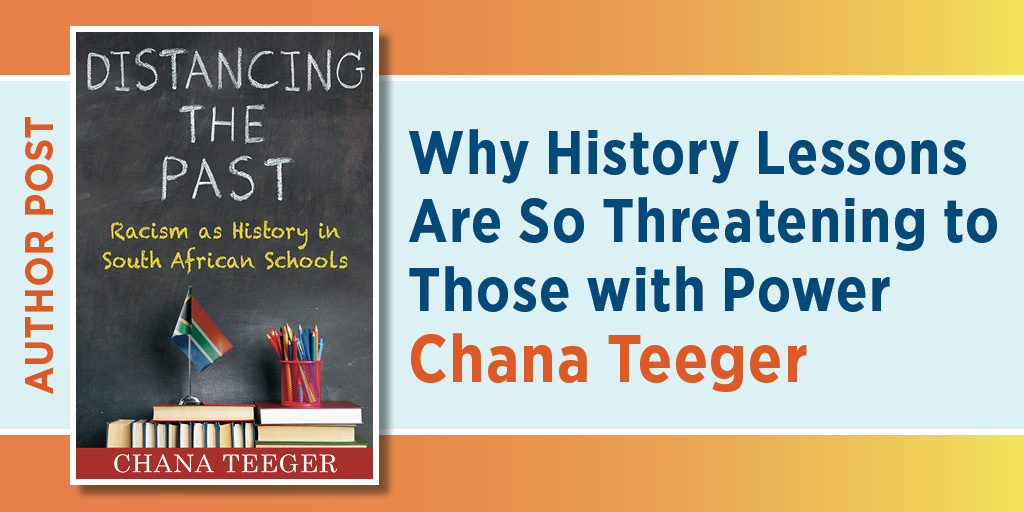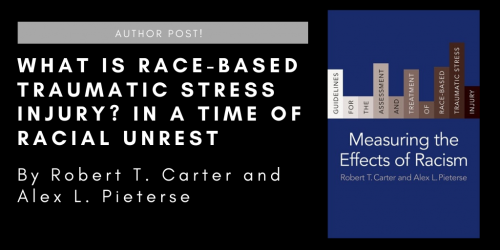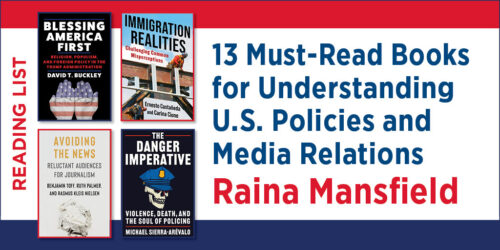Why History Lessons Are So Threatening to Those with Power
Chana Teeger

History education is on the agenda internationally. Across the United States, interest groups are working to outlaw discussions of how racism underpins the country’s history by banning books and regulating school curricula. In India, the Hindu nationalist government has been accused of rewriting history as it deletes the Mughal past from textbooks. And in the United Kingdom, teachers’ unions protest that national guidelines on “political impartiality” are silencing conversations about racism and the British Empire in schools.
But erasure and denial of the past are not the only ways to suppress historical claims and reproduce privilege. In fact, such overt strategies are often easy to identify and critique. In contrast, my research in two racially diverse South African schools shows how the past can be recalled while its legacies are ignored.
Apartheid is very much on the curriculum in South Africa. Across the country, grade 9 students (aged 14-15) confront their country’s history of legalized racism in a mandatory high school module. But, as I sat in on hundreds of hours of classes and spoke with 170 students and teachers, I learned that the past was taught in ways that distanced it from young people’s everyday lives.
Much has changed since the days of apartheid. Yet, even as a democracy, South Africa is one of the most unequal countries in the world. And that inequality remains highly racialized—so much so that whites’ average earnings are more than three times those of black Africans. But, learning about apartheid in school did not help students make connections between the racist past and present. Instead, history lessons taught them that the past is over and that the present is all about equality of opportunity.
“…my research in two racially diverse South African schools shows how the past can be recalled while its legacies are ignored.”
Why did this historical distancing form such a core part of the lessons? My research shows that this had to do with teachers’ hopes of avoiding conflict and difficult feelings—like guilt and anger—in their classrooms. As one teacher explained, “you want to use the wrongs of the past to try unite the kids.” By teaching students that the past was done and dusted, teachers aimed to create a sense of unity where students could contrast then (the apartheid past) to now (their multiracial classrooms). They wanted to steer clear of racial boundaries that students might draw between us and them.
Why does this matter? Well, if teachers’ messages are correct, if racism has indeed been dealt with—if it is over—then there is nothing left to do, no policies left to enact. But if the playing field is not equal—if the past still affects the present—then ignoring these legacies means that inequities can continue unchecked. In other words, these history lessons taught students lessons that undermine political action aimed at undoing the legacies of the past.
By teaching students that racism is in the past, these lessons also taught black students not to talk about the racism they experience in the present. A teacher told me how she drove home this message when a student accused her of being racist. Connecting the student’s claims about current racism to the apartheid past, the teacher recalled bluntly telling the student: “You have no right to claim what happened because you didn’t go through it. It’s not your hurt that you’re carrying.”
As monuments to slaveholders topple across the globe, while lawmakers work to regulate the content of history curricula, we are reminded that the past is not really history. Instead, the past makes demands on the present and can be used to mobilize for justice. This is why so much is at stake in teaching about histories of oppression. In the short run, teachers can create an illusion of racial harmony, as students learn not to talk about racism in the present. But, in the long run, these lessons reproduce unequal power relations and block efforts at real equality. Righting historical wrongs means looking squarely at past injustices—including how these continue into the present. Erasure and denial will not make inequality disappear. Indeed, they will allow it to continue without challenge. For the past to truly become history, we must first recognize all the ways that it is still present.
Chana Teeger is associate professor in the department of Methodology at the London School of Economics and the author of Distancing the Past: Racism as History in South African Schools.





